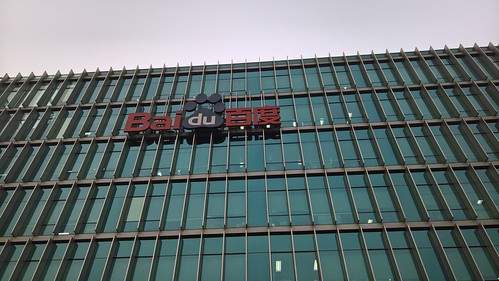Insights
Asian Dynamism: Five Opportunities for Executive Search and Leadership Firms
By Patrick Rooney, AESC Managing Director, Asia Pacific & Middle East
The best thing about my job is its regional focus. Regular meetings with AESC members and senior executives allow me to form an understanding of the issues and trends facing the profession across a collection of diverse, and often disconnected, markets. Along with AESC President Karen Greenbaum, we met with AESC Members and business leaders in China, Indonesia, and Japan. The trip offered insight on shifts happening in the region and below are key learnings for the executive search and leadership consulting professionals:
The client base is shifting towards local companies
Many search and leadership firms have seen significant changes in their client base over the past few years. Two or three years ago it was common to hear of firms in Asia who did up to 90% of their business with multi-national companies. These firms are now few and far between. While in China, many AESC members commented that 60% to 65% of their work was with multinational companies but a growing percentage was now with local companies. In Indonesia, the percentage appeared to be even higher. Many of these local clients are technology-centered, next generation companies like Didi and Go-Jek.
Equally important are growing Chinese and Indonesian firms that need specific talent in order to pursue global ambitions. It’s clear that for the executive search and leadership profession, local business is growing faster than multinational business across many markets in Asia. It’s a positive sign because it indicates the profession taking root in the region and more local companies see significant benefits from working with AESC members. It’s a huge opportunity but also presents firms with unique challenges to capture the opportunity.
Diversity is important for our profession
The client base in the region is changing and therefore the profile of search and leadership firms needs to also change. In our profession, we talk a lot about diversity and rightly so. It’s an important issue for many clients and firms need to continue to provide an example of best practices when it comes to creating inclusive environments.
Additionally, search and leadership professionals need to understand the impact of technology and digitalization. A rise in the number of local clients creates more demand for local consultants. The global ambitions of local clients require a consultant base that understands global business. Young, globally-minded, locally based consultants can meet the needs of both multinational and local clients.
Leadership consulting is an area of growth
In 2016, much of the growth in Asia was in leadership consulting services versus traditional executive search. It’s a trend many AESC members expect to see continue in 2017. Leadership consulting covers a broad range of services. For search and leadership firms, it’s important to consider what services you can offer to meet client needs as well as what you have the capacity to successfully deliver on.
Sector expertise is highly valued
Deep sector expertise is highly valued by clients. Clients in Asia often use search firms when they are looking to branch into a new line of business or geographic area where their connections are weak. While technology makes more data accessible the volume of information makes it harder to determine excellence. And services like LinkedIn make individuals easier to find but it is more difficult to differentiate the best and brightest from the rest. Clients have always seen value search firms provide in determining the highest calibre candidates in any given field but that aspect of the service is becoming more important due to globalization and information overload.
Candidate care is a differentiator
Executive search firms are focused on delivering successful outcomes for clientsbut part of this rests on treating candidates with care and attention throughout the search process. Executive search is a ‘high-touch’ business. The development of in-house recruitment units and increased use of technology by contingent recruitment firms is making the candidate experience more impersonal for many. Asia in particular has seen a proliferation of thousands of small companies calling themselves ‘executive search firms’ or ‘headhunters’ although the service many deliver is highly variable and not focused at the top of the house. AESC members have always placed value on high-level contact with candidates and more often this level of care and attention further differentiates them.
